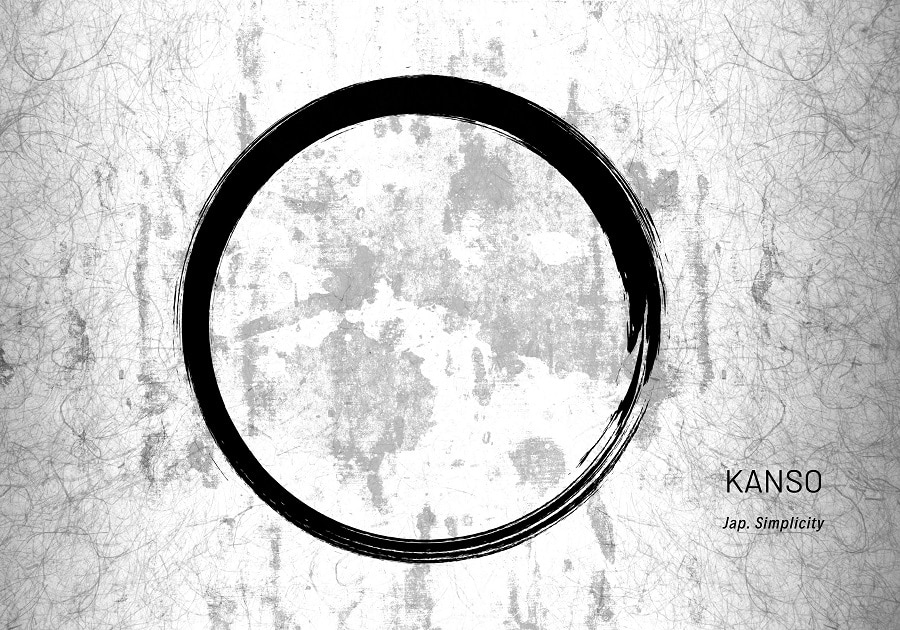Entry from the category “various thoughts”.
One of my favourite quotes attributed to Albert Einstein is:
If you can’t explain something simply, you don’t understand it well enough.
The Japanese define simplicity (Japanese: Kanso) as achieving maximum results with minimal means.
I have the impression that losing the idea of simplicity is the main objection to legal services nowadays (well, maybe right after the fact that they are expensive). The client is discouraged from asking questions to the lawyer because he does not get a clear answer. He comes with one problem and comes back with four. A bit like with a mechanic, to whom I come to change the oil, but it turns out that there is still an engine to be repaired and the suspension may last for another 100 km or so.
Why is this happening? Why, in response to a simple e-mail, we get a wall of text covered with arguments, opinions, positions of the Supreme Court, sprinkled with handfuls of “it depends” and “it seems” to finally find out that it may be so and so or it may actually be otherwise, and in the end it’s a business risk?
The first rational explanation was already provided by Mr. Einstein, quoted above. If a lawyer specializes in everything (that is in nothing), he will inevitably collide with a problem from time to time that he is not able to fully explain, because it so happens that this problem does not have a clear solution in the provisions law. The easiest way then is to compile on a few pages everything that has been said in the doctrine and jurisprudence so far and that’s it. Such a script does not explain much, but the answer is given, the hourly rate counts so all is good.
It seems (!), however, that there may also be another reason. If I describe all possible solutions and leave the choice to the client (who should clearly know the law to make the choice), no one will accuse me of anything. Hooray, I’m safe. I answered in a way that answers nothing, so I certainly won’t answer wrong. Flawless logic. But where is the added value for the customer? Where’s the point? Is the lawyer to be safe or the client?
Me and my team feel that it doesn’t have to be this way. We like the idea of Kanso, which translates into a short, clear message. I have never heard a customer complain about getting an answer in one sentence. Nobody ever said, “Gosh, that short? And I wanted to read what the District Court in Smallville has to say on this subject ”. The latter should be known to me, not the client.
There is really nothing wrong with making it clear. That is why we prefer a flat rate, but more on that in the next post.













